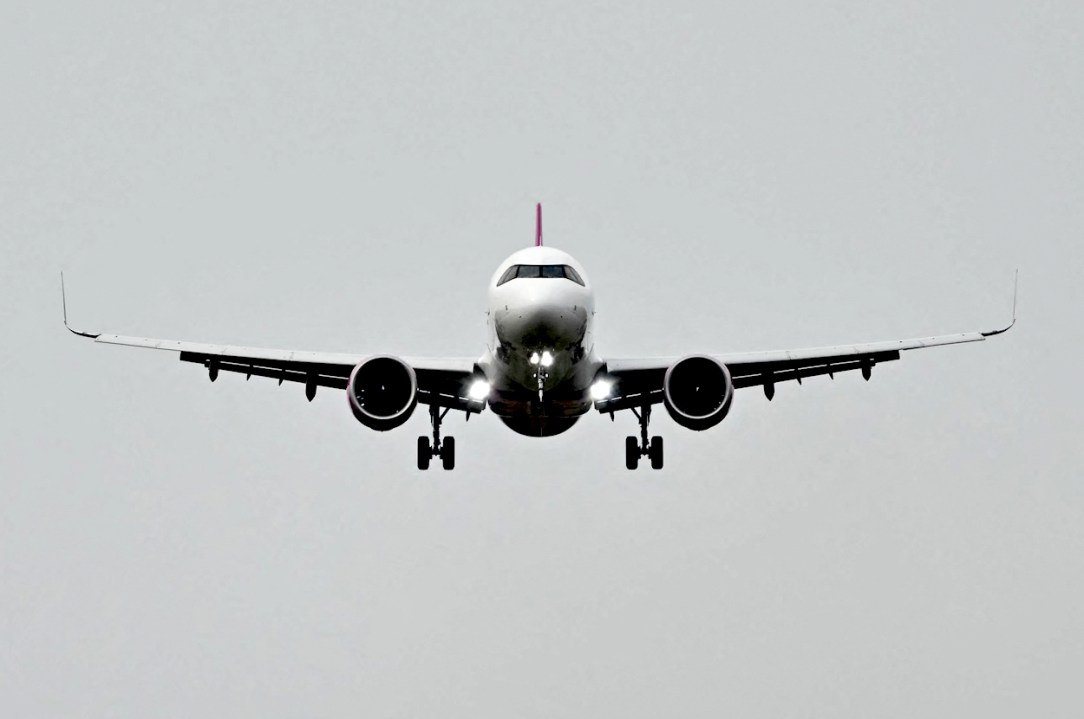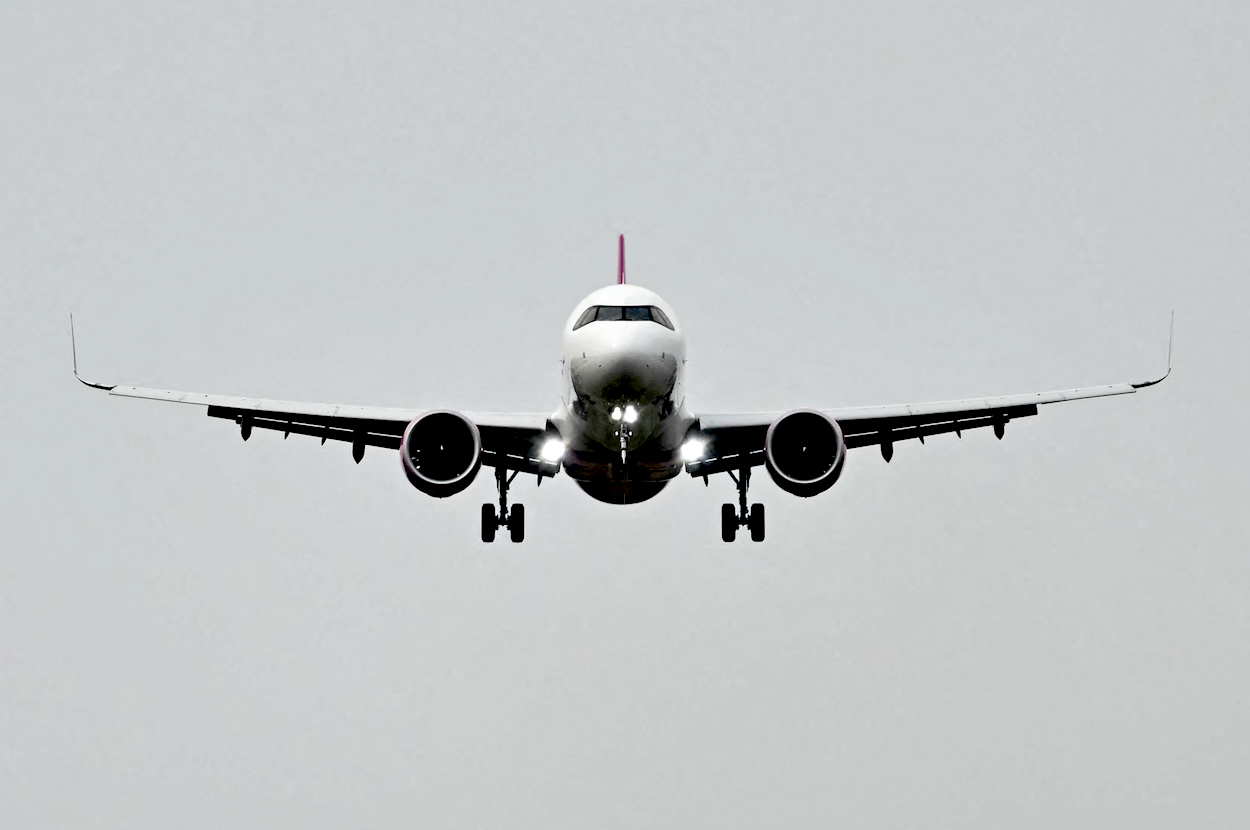How refreshing to hear transport secretary Heidi Alexander approve plans for a second working runway at Gatwick Airport, taking on the ‘eco warriors’ she has previously attacked for blocking airport expansion. Just the one thing, though. Does she really think she has heard the last from them? If she thinks she is going to drive this plan through so that planes will be taking off on the second runway by the time of the next election, as she seems to think, then she is going to be disappointed.
Indeed, Sadiq Khan has already threatened legal action against the expansion. This is going to end up in the courts, and sadly the eco warriors are going to win. Why? Because no airport expansion is compatible with the legally binding target to achieve net zero by 2050. There is no technology which is going to decarbonise the airline industry in 25 years’ time – a timeframe which is well within the lifespan of new planes being rolled out today. The most straightforward replacement technology – sustainable aviation fuels or SAF – is already running into the ground.
The government has set a mandate for airlines to use a certain proportion of SAF in their fuel, starting at 2 per cent this year, rising to 10 per cent in 2030 and 22 per cent in 2040. But as with the Zero Emission Mandate (ZEV) which is trying to force manufacturers to make more electric cars, there is a difference between setting a target and achieving it. Earlier this month, Shell announced that it was withdrawing from a project to build a biofuel plant in Rotterdam because it cannot see it as financially viable. The company has been warning for some time that global take-up of SAF is very low, thanks to the severe implications for cost.
SAF is an umbrella term for several different technologies. At its simplest and cheapest it involves manufacturing fuel from used vegetable oil. This can work perfectly well – Virgin has already flown a plane across the Atlantic fully fuelled with this product. But it is expensive, and getting more so – according to Johnson Matthey, which manufactures SAF, the produce costs between two and seven times as much as kerosene, currently used in jet engines. There are only so many chip shops in the world, and the price of their used oil is soaring as demand – even at its current low levels – outstrips supply. Used cooking oil is now a globally-traded commodity, and one whose price has risen by 50 per cent since Britain SAF mandate came into force on 1 January.
SAF can also be made synthetically using hydrogen and carbon dioxide, but that is going to be far more expensive still. Moreover, it will also require large amounts of green hydrogen, manufactured from electrolysis of water – a technology which itself is developing far more slowly than many hoped. As for other low-carbon alternatives by SAF-powered planes, forget it. Electric-powered planes are feasible for short, island-hopping trips, but the energy density of known all-known battery technologies is not even remotely near where it would have to be to get an airline across the Atlantic. Hydrogen-powered planes? The biggest problem is the energy to volume ratio, which is too small to power aircraft as we currently know them – to convert a current airliner to hydrogen you would have to take out most of the seats.
By the way, even if we could power planes with affordable SAF it wouldn’t solve another problem: the water-vapour contrails of jet engines themselves have greenhouse potential. According to some estimates, the greenhouse effect of the contrails is more than that of the carbon dioxide spewed out by aircraft engines. In other words, aircraft would still be a long way from being zero emissions even if you could affordably decarbonise the fuel.
Airport expansion is utterly at odds with the 2050 net zero target. If the government wants more runways it is going to have to ditch the target – or see Gatwick, Heathrow and other proposals be defeated in the courts. Sadly, I fear it will take a long time for this to sink in.









Comments